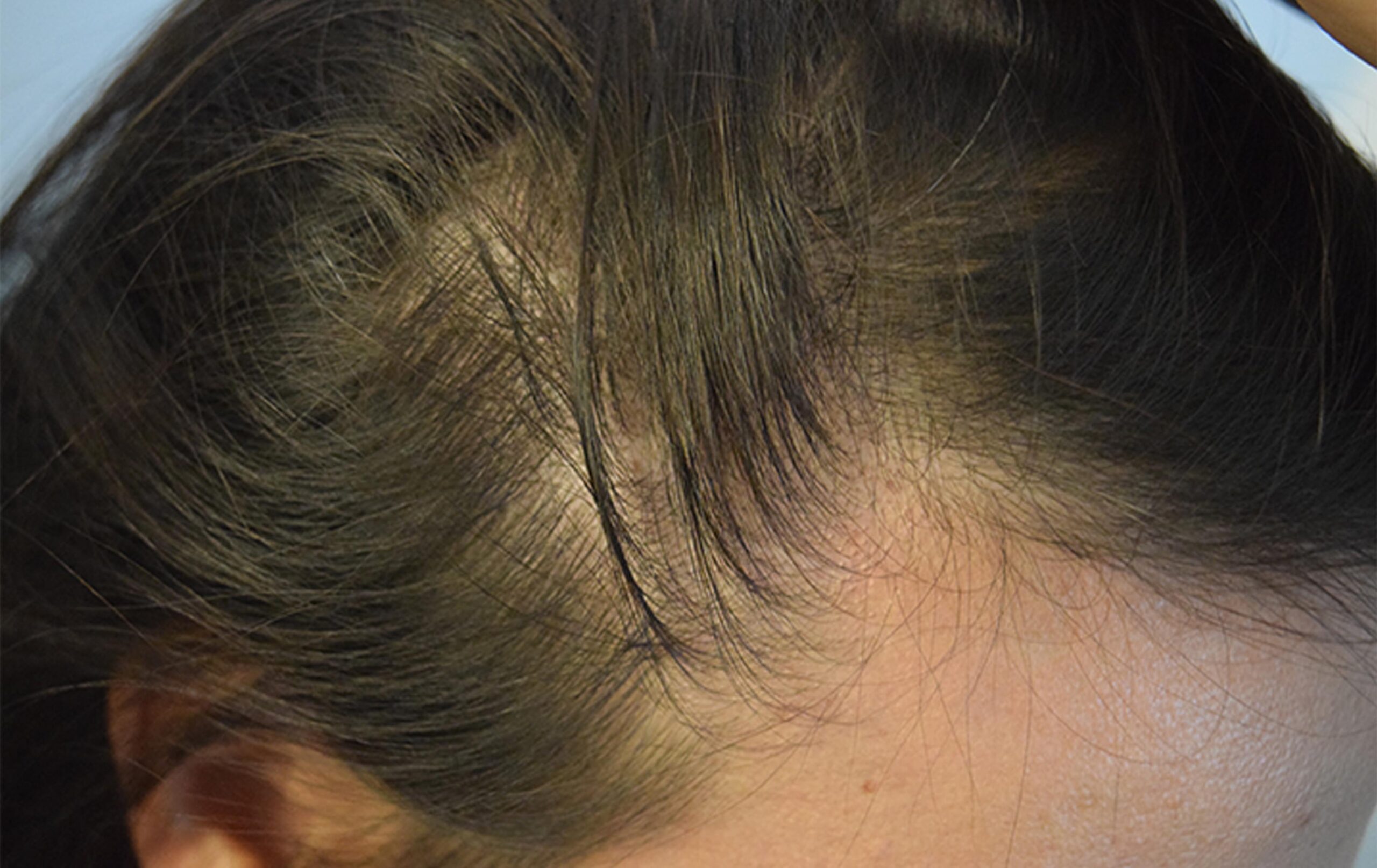Hair loss can affect your personality and self-esteem. The sight of pattern baldness hurts. It is natural for hair to fall every day. Weak hairs fall while new ones take their place. But when hair loss is extreme, you cannot stand that sight. Now you start looking for reasons that cause hair loss. Vitamin deficiencies play a huge roll in excessive hair shedding. Correcting the vitamin deficiency might help fix the problem.
Mineral & Vitamin Deficiency Causes Hair Loss
Iron
In women, iron deficiency is to be blamed for hair loss. Since iron stimulates the production of hemoglobin, it is crucial to deliver oxygen and nutrients to hair roots. The deficiency of iron can hinder hair growth, resulting in thinning hair. Some women with menstrual problems or heavy periods are more vulnerable to iron deficiency anemia.
There are other causes of iron deficiency, including lack of iron in the diet, colon cancer, and loss of blood from ulcers. Besides, a deficiency of vitamin C may contribute to iron deficiency even if you take dietary or supplementary iron. The reason is that vitamin C helps in the absorption of iron. Any deficiency of ascorbic acid may make you deficient in iron too.
Vitamin D
When you are deficient in vitamin D, you might start experiencing hair thinning or loss of hair. The sunshine vitamin does more to your body than protecting bones. It is crucial for skin and hair health too. An immunity-boosting vitamin, D can stimulate hair growth by creating new, healthy hair follicles.
Zinc
If you are deficient in zinc, you might experience hair loss. Zinc deficiency may damage the remaining hair, making it prone to breakage. When it comes to zinc supplementation, it can help regulate hormone levels and thus help with hair loss. Besides, it helps with DNA and RNA synthesis and can thus play a role in stimulating hair follicle growth. A healthy diet includes zinc-rich foods, such as wheat germ, soy, sesame, and pumpkin seeds. Too much supplementation is not recommended either.
Biotin
Supplementing your diet with B vitamins is one of the best ways to boost hair growth. Additionally, B complex vitamins contain eight water-soluble vitamins, including biotin, niacin, thiamine, riboflavin, pantothenic acid, folate, B12, and vitamin B6. Vitamin B2 or riboflavin deficiency also contributes to hair loss.
Dietary supplements containing B vitamins, biotin, and folic acid can help support the production of collagen and keratin, which induce hair growth.
Selenium
A selenium deficiency can cause serious health problems and a compromised immune system. The trace mineral supports healthy hair growth. Since selenium has antioxidant properties, it helps maintain hormonal balance and support metabolic functioning. Besides, it is vital to thyroid production. The thyroid plays a role in hair growth regulation.
However, too much selenium in your diet can trigger hair loss. That means too much supplementation can be detrimental to health.
What if Diet doesn’t help
In some cases, diet might not help with hair growth or take a long time to show its results. when you are suffering from low self-esteem due to hair loss or pattern baldness, you want quick results. it is here that you can trust scalp micropigmentation as a permanent solution to hair loss. Find the right scalp artist in Phoenix, Arizona, for the job. Only the best SMP practitioner can produce realistic results. DermiMatch is proud of its scalp technicians, who are skilled and experienced in their craft.

